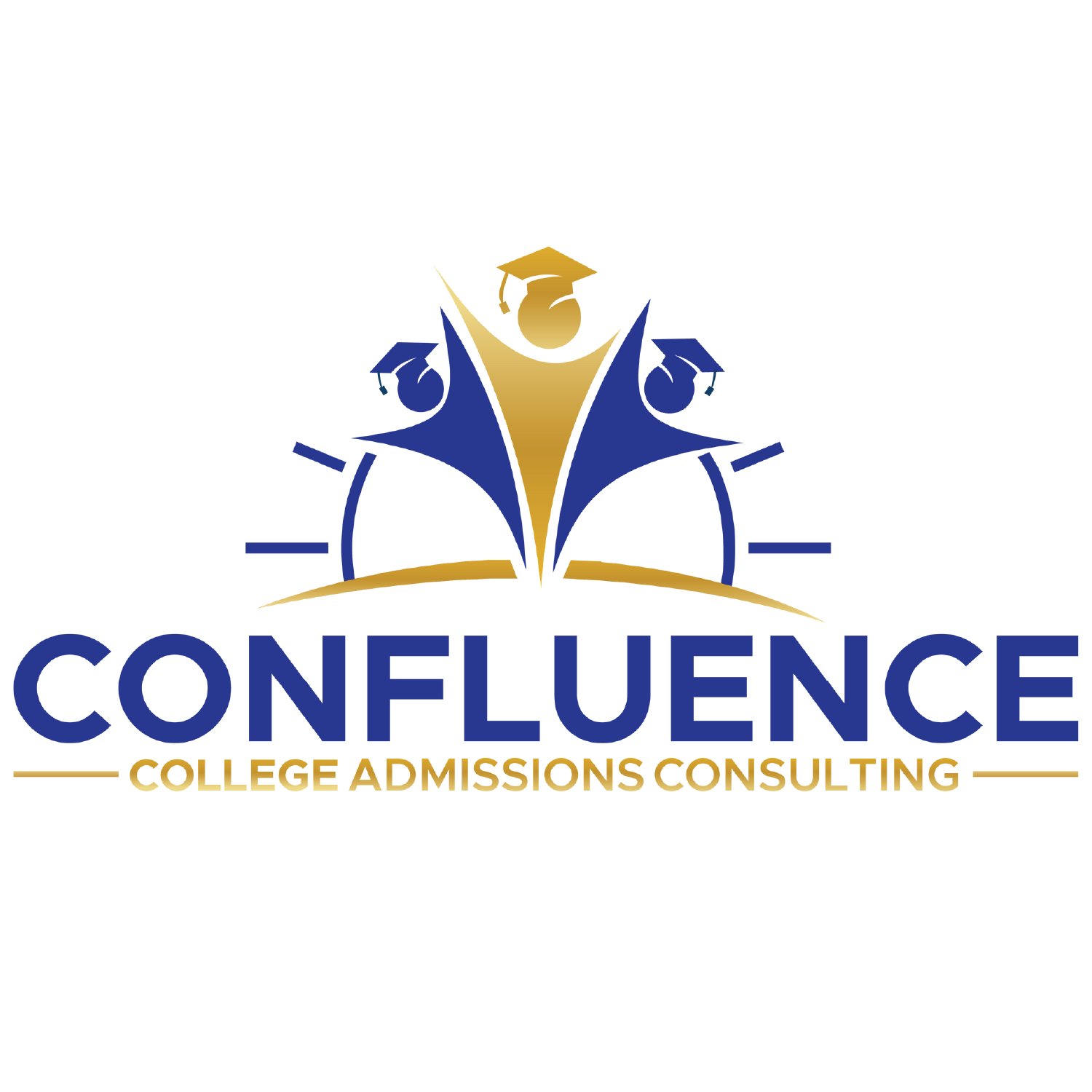Do you dream of becoming an actuary?
Some students come to the college admissions process with a clear sense of what they want to study and what they want to do with their degree after graduation. The majority of my clients do not. Those who sign up for comprehensive packages have the option of using—at no additional cost—some helpful inventories and surveys to help them better understand their aptitudes, interests, possible majors, and potential careers.
One of my clients, Emma, is an extremely strong math student who is currently taking an advanced calculus course as a junior. Emma is curious about how businesses work, and she is a keen observer of human behavior. She loves skiing and other outdoor activities. She wants a career that offers a high salary, good job security, and a healthy work-life balance.
Emma sat down with me and took YouScience’s Brightpath, which brings together decades of proven data and advanced artificial intelligence to help students find their why, their purpose, and their path. This platform produces a report that identifies a student’s strengths and interests, and suggests some different college major and career options.
Emma and I got a good laugh because the top career YouScience suggested for her was “actuary,” which we’d both heard of, but neither of us knew quite what it is. As I learned more about what actuaries do, I began to understand why YouScience recommended this career for Emma. Actuaries need advanced mathematical skills, which Emma already possesses. An effective actuary can help businesses be successful, and they can help individuals and organizations manage different kinds of risk, financial and otherwise. They can have a significant impact on the world, which is something Emma has expressed is important to her. And it’s a well-compensated profession that checks a lot of lifestyle-related boxes for Emma.
Does this mean that I’m now pushing Emma to become an actuary? Of course not. But what it does accomplish is generate conversation between Emma, Emma’s family, and myself. We now have another data point that helps us to understand what Emma’s values are, what kind of educational environment will help her thrive, and what abilities she has that will be assets to her as she pursues a career. Ideally, we’ll plan together in a way that aligns her interests with her aptitudes. To me that’s the benefit of a tool such as YouScience.
Want to learn more about what’s included in my comprehensive packages? Sign up for a free consultation today!
